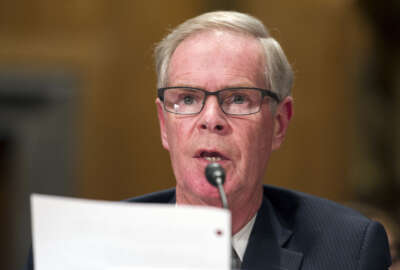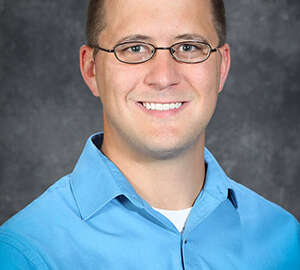
Honk if you’re still alive
Do you know that the U.S. government pays out about $140 billion a year to people who either don't deserve the money, or are dead but still collecting?
After an intense week on the government shutdown roller coaster, many of you want, need and deserve a change of subject. Read on …
The potential shutdown was stressful to many people, ranging from newcomers who didn’t know what to expect, to old-timers who know from experience what to expect. People who have been there, done that and not gotten their paycheck. At least on time. Based on past shutdowns, employees who were locked out would probably have gotten paid. Eventually. But it would be weeks later. During the last shutdown, thousands of workers got emergency loans from the Federal Employees Education & Assistance fund. So many, in fact, that FEEA was cash-strapped until thousands of other feds stepped up and made donations to the feds-helping-feds charity. So enough shutdown stuff, how about a change of subject? A subject that you as a taxpayer have a stake in. As in $1 billion government payments to dead people. So, change of subject.
First, a personal item.
Last month, I got a letter from my union. It said that since I got a raise in January (yay) they needed to adjust my dues. Not much. Five dollars a week. But still a change for the better. And the dues hike is OK too. It truly is a fine union. George Clooney and Jennifer Lawrence also belong, although I think their dues are a lot higher.
Then about a week later, I got another letter from the union asking, diplomatically, if I was still alive. If dead, it said, I should ignore the letter. If they didn’t hear from me by a certain date, any benefits or pension I was getting would cease. If there was a mistake, as in if I was alive, but couldn’t or didn’t prove it until later, they would give me retroactive benefits. Resisting the urge to say that dead members usually don’t pay dues, I filled in the proper forms. All is well. But guess what? Paying people who are no longer alive is a huge problem. The government — that would be your fellow taxpayer — paid out an estimated $144 billion in fiscal 2016 to people who were no longer eligible, or were dead. Or both. The numbers came from the Government Accountability Office.
GAO told the Senate Homeland Security & Governmental Affairs Committee that every government agency that pays people benefits (or salaries) should make sure the people getting the checks or direct deposits are still around. The DNP was set up by the Office of Management and Budget after it learned that thousands of people (many deceased Social Security recipients or veterans) were getting regular payments long after they were deceased. The Social Security Administration has a “death file” that it uses to make sure that people don’t get benefits when they are deceased. Even with that SSA, every year finds numerous people collecting and cashing other people’s — often an older relative — benefit checks or using the deceased’s bank account.
How big a deal is Social Security? The GAO said that in fiscal year 2016, Social Security paid out $979.7 billion, or roughly 23 percent of federal outlays.
GAO recommended that more agencies take advantage of multiple databases in government, including Social Security’s vast DMF (Death Master File) and the General Services Administration’s Award Management System’s “exclusion records to identify whether recipients may be deceased or barred from receiving federal awards at the time of payment.” It recommended that other government departments be allowed to tap into Social Security’s central data on death records. Because of privacy concerns, that would require an amendment to the Social Security Act, which privacy advocates might oppose.
The congressional watchdog agency told the committee that the 10 agencies it reviewed who were using the Do Not Pay system were able to avoid making erroneous payments of $680,000 in fiscal 2015.
Nearly Useless Factoid
When screenwriter William Goldman first tried to get The Princess Bride made in the 1970s, he wanted the relatively unknown actor and bodybuilder Arnold Schwarzenegger to play the role of Fezzik. By the time the film was made in 1987, Schwarzenegger was a too big star. The part instead when to former wrestler Andre the Giant.
Source: IMDB
Copyright © 2025 Federal News Network. All rights reserved. This website is not intended for users located within the European Economic Area.
Mike Causey is senior correspondent for Federal News Network and writes his daily Federal Report column on federal employees’ pay, benefits and retirement.
Follow @mcauseyWFED
Related Stories





